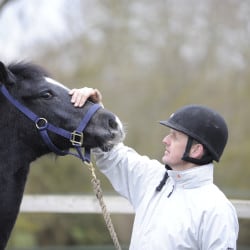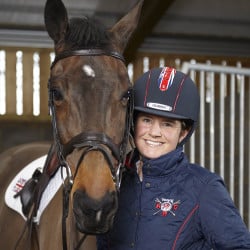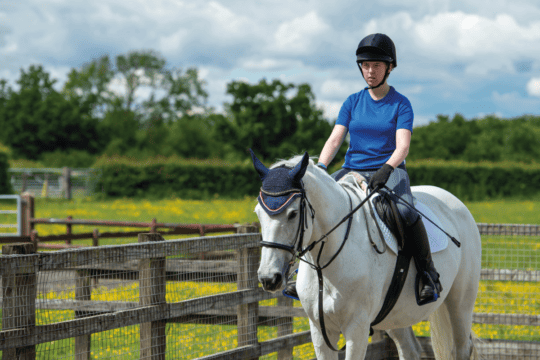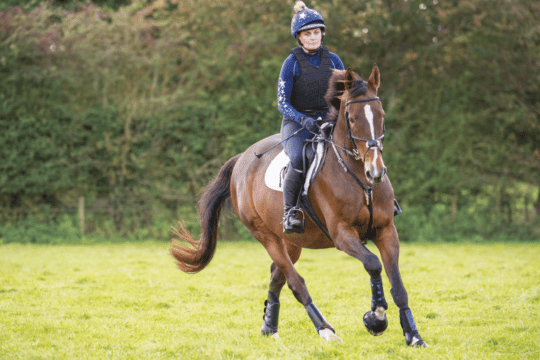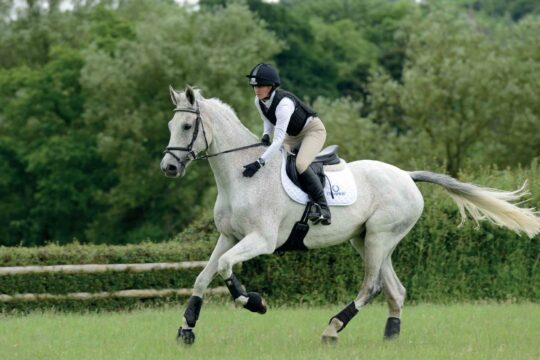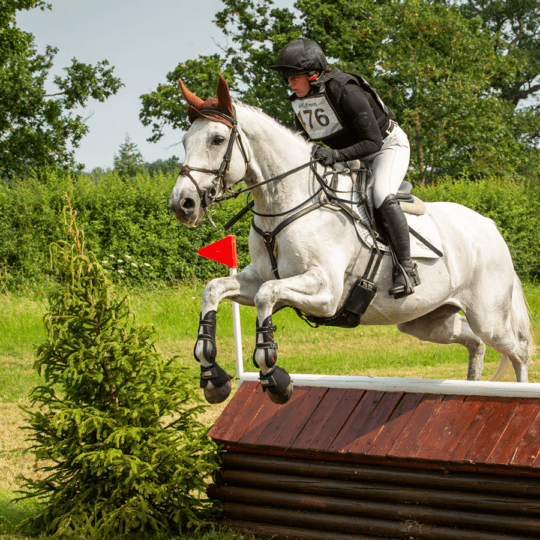A horse with a stable vice can be frustrating and even upsetting, but what can you do to manage, reduce and prevent them?
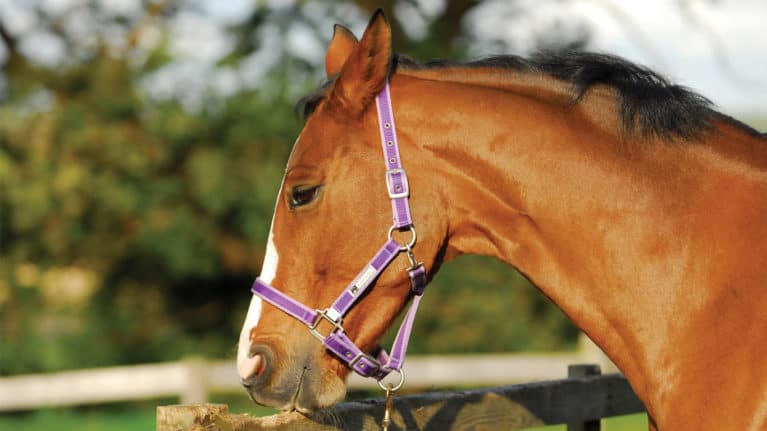
Although they sound negative, the term stable vices is simply a way of describing abnormal equine behaviours. Stable vices are more correctly termed stereotypies and are sequences of repeated, learned behaviours that have no obvious purpose. Horses usually develop them as a way of coping with stress or to compensate for something that’s missing from their life. Once ingrained, stereotypies can be nearly impossible to stop.
Studies show that horses who display stereotypies have a higher level of the stress hormone, cortisol, so it’s thought there’s a link to stress. It’s also been shown that horses have a higher level of endorphins, the feel-good hormone, when they’re carrying out stereotypic behaviours, meaning they get a reward. Because of this, trying to prevent your horse from doing them can actually cause him more stress, so when he’s allowed to resume them he’ll do so at an increased rate to compensate. Instead, the best way to manage stable vices is to reduce the potential stresses in your horse’s life so he’s less inclined to carry out the behaviour.
Did you know? Stereotypies must be disclosed when selling your horse and may have an impact on his sale price.
Types of stereotypies
Stereotypies are broken down into two different types…
- oral stereotypies are behaviours involving your horse’s mouth and include windsucking, crib-biting and wood-chewing
- locomotor stereotypies are when your horse moves in a constant, repetitive motion, such as weaving and box-walking
Did you know? Although many people claim horses can develop stereotypies by copying, it’s never been scientifically proven and it’s more likely that the same stressors are affecting multiple horses.
Fibre first
Offer your horse a diet that’s high in fibre. Horses have an innate desire to chew and being denied this can make them more prone to developing or carrying out oral stereotypies. Fibre feeds require much more chewing than concentrates and have a greater volume gramme for gramme, so take much longer to eat. Because of this, fibre offers the additional bonus of keeping him occupied for longer, meaning he’s distracted from carrying out any stereotypical behaviours. The extra chewing also produces more saliva, which is important for good gastric health and aids digestion. Studies suggest that leaving horses without forage for long periods can increase the risk of stereotypic behaviours forming, so recommend feeding at least 6–8kg per day to counteract this.
Out and about
Stereotypies appear to be far less common in horses kept at grass, so it’s important to offer your horse as much turnout as possible. Horses have evolved to spend the majority of their time grazing – which satisfies their need to chew – or moving to find food and water, and horses in the wild can cover many miles a day. Spending lots of time in a stable prevents domesticated horses from carrying out this natural behaviour, causing stress. Being denied free movement can also increase the risk of him carrying out locomotor stereotypies.
Stereotypies may have links to boredom. While being turned out with companions can offer your horse plenty of stimulation, if he’s stabled then distractions can be in short supply. If he has to spend a lot of time inside, here are a few ideas to keep his mind off any unwanted behaviours…
- give him a stable toy to play with
- hide carrots in his haynet or bedding so he can use natural foraging behaviour
- put apples in his water bucket so he can bob for them
- divide up his forage ration into several nets and spread them around his stable
- stable him in a place with lots of activity going on for him to watch
- find excuses to get him out of his stable, such as taking him for some hand-grazing or a good groom
Did you know? Scientists believe that stereotypies can form or become worse when your horse is prevented from carrying out a normal behaviour or action. For instance, a horse may crib-bite more when he’s anticipating his dinner or is hungry, or a weaver might be worse when he wants to be turned out in the field.
Better in company
We all know horses are social creatures, but being denied the opportunity to interact with each other can be very stressful – horses kept in isolation are much more likely to develop stereotypies compared to those who have visual contact with other horses from their stables or paddock. The arrangement least likely to result in stereotypic behaviour is group turnout, but this isn’t always practical or available to horses on mixed livery yards.
If your horse has to spend a lot of time in his stable, try to choose one that has bars or a grill between it and the stables on either side so he can interact with his neighbours – make sure he gets on well with them, though, or you could cause him more stress. If this isn’t possible, a stable mirror or good view of the yard can be good alternatives.
Did you know? It’s believed that some horses are more genetically predisposed to developing stereotypies than others.
Keeping busy
Lack of exercise can be another contributing factor, so try to give your horse as much of it as possible. Simply put, he can’t carry out stereotypical behaviour if he’s working and it will help to dispel any restless energy that might otherwise be channelled into locomotor stereotypies. Keep his work varied, too – alternate between flatwork, jumping and hacking as much as you can, and try to make the most of the warmer weather and lighter evenings to plan some excursions further from home.
If you’re short on time or he has to spend the majority of his time inside, why not try to do two short sessions rather than one longer one? Fifteen minutes lungeing in the morning and a half-hour hack in the evening will break the day up far more than an hour’s ride after work.
Out of your hands
There are other management factors that are thought to be linked to stereotypies, some of which are much harder to control. An early or traumatic weaning can trigger the development of such behaviours, as can a sudden change in routine or environment.
TOP TIP As a rule, the more enriched your horse’s life is and the more stimulation you provide him, the less likely he is to develop or carry out stereotypies.
Health concerns
Trying to manage stereotypies is important because these behaviours impact your horse’s health. Those carrying out oral stereotypies are at an increased risk of colic and there are links to other gastro-intestinal conditions, including ulcers. Horses who crib also wear down their teeth unnaturally. Locomotor stereotypes can cause uneven hoof wear and loading of the joints, and there’s also an increased risk of ringbone and knee damage.

